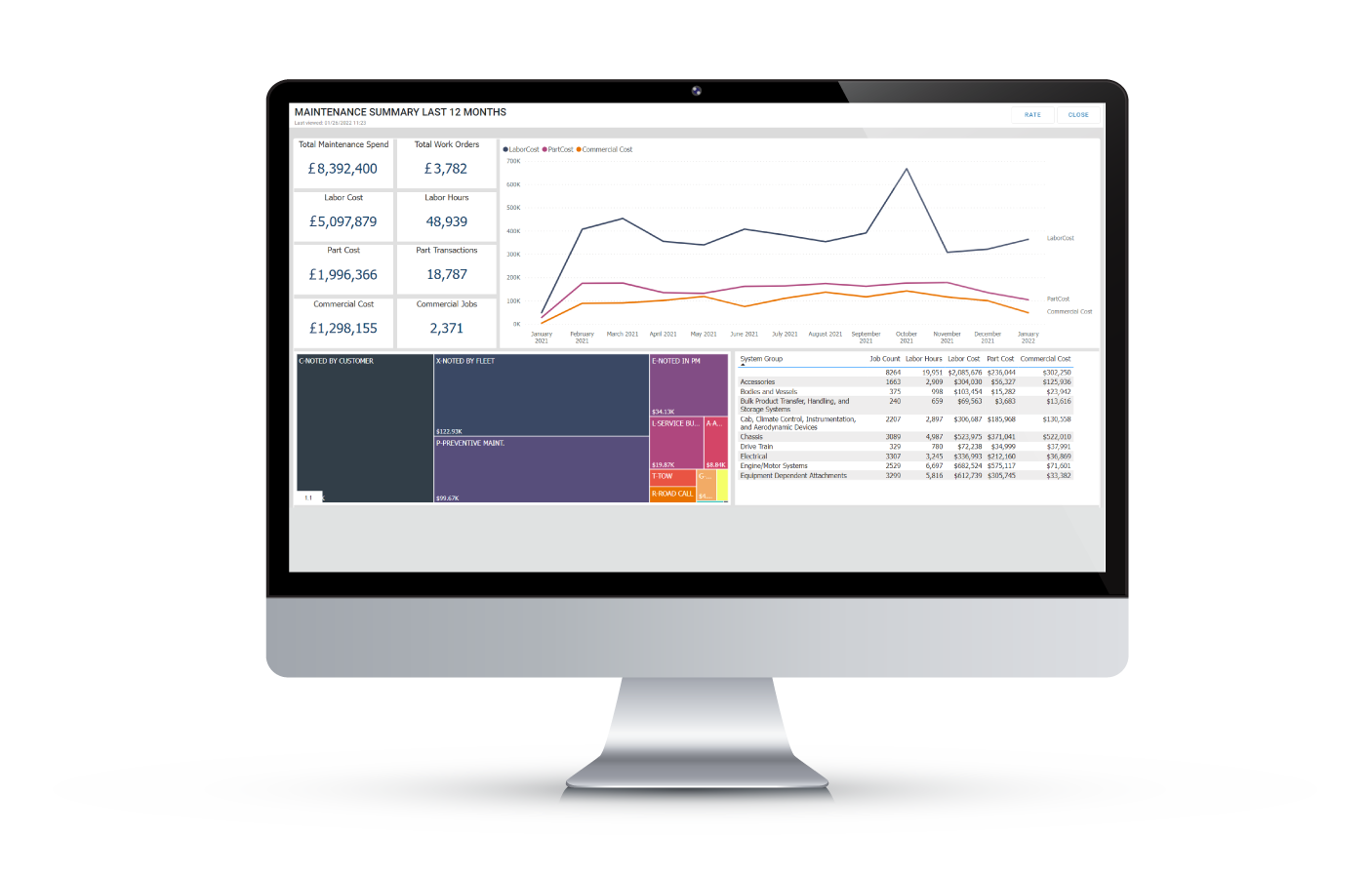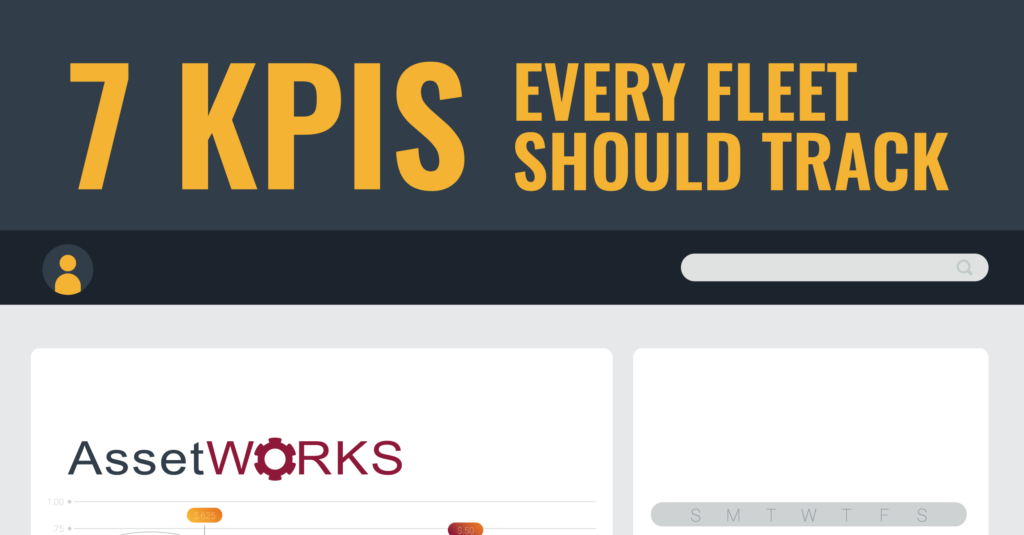If a fortuneteller came up to you and said they had the answers to what your future holds, you would want the answers, right? So, why wouldn’t you want the same for your business? There are no fortunetellers for fleets, but there is Business Intelligence (BI), and unlike fortunetellers, you know BI will provide an accurate prediction.
Managing a fleet requires more than just a basic understanding of your vehicles. You need insights, predictions, and strategic foresight to ensure that your fleet runs efficiently while staying ahead of potential challenges. Business Intelligence (BI) is the key to unlocking this data-driven decision-making power. Here’s why fleet managers should seriously consider BI as a crucial tool for success:
1. Save Time and Let Managers Focus on Their Core Job
Fleet managers know the pain of spending too much time gathering, organising, and interpreting data. Did you know that managers often spend as much as 70% of their time simply managing data? That’s a huge chunk of time spent on administrative tasks that could be used elsewhere. With BI, data is not only streamlined but also customised to meet the specific needs of your fleet.
Imagine logging into a system that provides clean, actionable data without the headache of sifting through endless reports. This is exactly what BI offers—real-time information about fleet performance, fuel consumption, maintenance needs, and driver behaviour, allowing fleet managers to focus on what really matters: keeping the fleet moving smoothly and efficiently.

2. Eliminate Guesswork and Drive Smarter Decisions
How often have you made decisions based on hunches or incomplete data? In fleet management, guessing can be costly. Whether it’s adding unnecessary vehicles, overspending on fuel, or increasing staff during periods of low demand, these decisions can impact your bottom line.
BI systems remove the guesswork from the equation. By providing accurate data and analysing performance trends, BI highlights exactly where your fleet is underperforming, overspending, or in need of adjustments. Whether it’s identifying inefficient routes, reducing idling times, or better allocating resources, BI enables fleet managers to make smarter, data-driven decisions, reducing overall operational costs.

3. Tailored Insights to Meet Your Fleet’s Unique Goals
Not every fleet operates the same way, so why rely on a one-size-fits-all data platform? One of the most significant advantages of BI is its ability to offer customised metrics based on the specific needs of your fleet. Whether your priority is maximising asset utilisation, maintaining vehicle health, or boosting driver safety, BI can track these metrics in real-time.
For example, if your goal is to extend vehicle lifespans, BI can provide detailed data on maintenance schedules, driver habits, and vehicle performance. This enables you to optimise vehicle availability and minimise downtime. Tailored reports also help differentiate between good and bad idling, ultimately improving fuel efficiency and reducing costs.

4. Transition Away from Outdated Legacy Systems
Many fleet managers still operate using outdated, disparate systems. These older solutions often involve manually collecting data from various sources, leading to inefficiencies and errors. If your fleet is still relying on such legacy systems, it might be time for a change.
Business Intelligence platforms unify all your data, providing you with one centralised solution where everything you need is in one place. No more juggling between different tools or trying to match data from incompatible systems. BI offers a seamless solution that allows for better oversight, improved accuracy, and quicker decision-making.
Future-Proof Your Fleet with BI As fleet management continues to evolve, so too must the tools you use to stay competitive. By adopting BI, you not only gain real-time insights into your fleet operations, but you also future-proof your organisation with predictive analytics that help you stay ahead of challenges.
Consider what life could be like with fewer unknowns, optimised resources, and more time to focus on strategic growth. AssetWorks’ FleetFocus is designed to help fleet managers embrace these changes, offering a BI solution tailored specifically for your needs.












